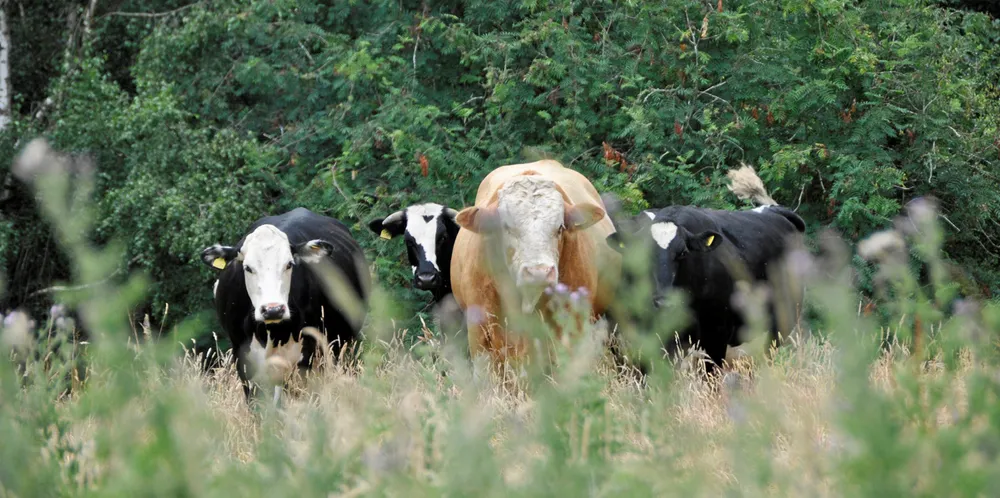Editor's Picks: Seafood beats beef by a mile, salmon farmers' big carbon problem, more seafood price inflation
Get your week started with a round-up of the most important seafood, aquaculture and fisheries headlines you need to know.

Get your week started with a round-up of the most important seafood, aquaculture and fisheries headlines you need to know.
